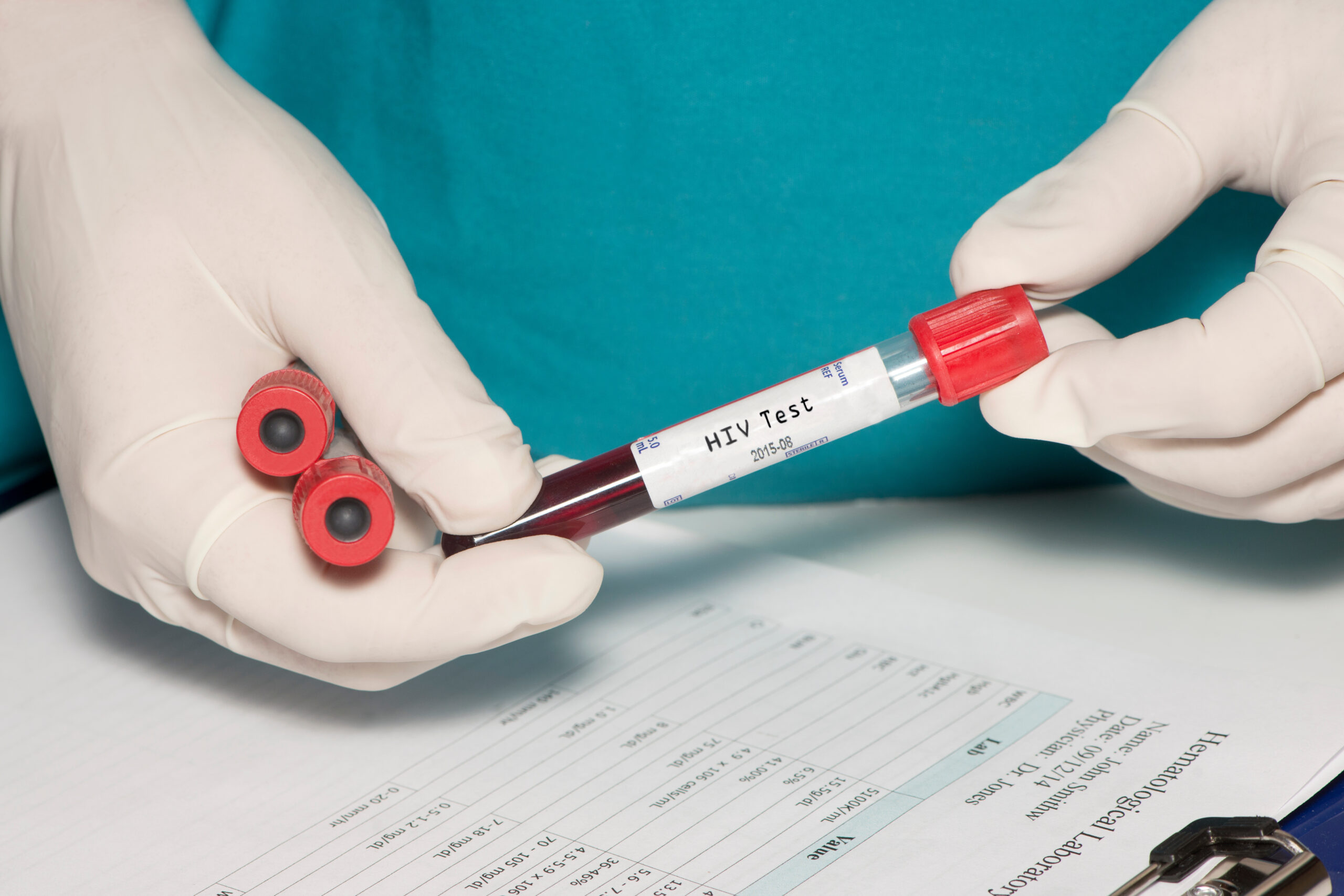Getting tested for HIV isn’t just about self-care—it’s also about community care. Regular HIV tests can help keep you and the people around you healthy. With early detection, you may get the treatment you need quickly, which can prevent the virus from spreading. Some might think they’re not at risk, but the truth is, everyone who is sexually active should consider being tested. It’s about being responsible and caring, not just for yourself, but for others too. Test smartly, live healthily, and protect your loved ones and community.
Why HIV Testing is Crucial for Everyone
Early detection of HIV is important. When HIV is found early, it can often be managed well with treatment. This means less chance of health problems later. Rapid HIV tests are helpful for this. They provide fast results, often within minutes. This means you can start treatment quickly if needed. Early detection also reduces the risk of unwittingly spreading the virus to others. When more people undergo HIV tests, it helps prevent the virus from spreading through better awareness and informing partners. Regular testing can make all the difference. Knowing your HIV status can also relieve stress and help plan your future actions, making it an important step for everyone.
Government Initiatives to Make HIV Testing Accessible and Affordable
The Indian government has taken steps to make HIV tests available to everyone. They have set up free clinics in many areas, even in rural regions. This makes it easier for anyone, regardless of location, to get tested. The government also provides informative sessions about HIV testing to raise awareness. By making HIV tests free or low-cost, the government hopes to encourage more people to get tested. Reaching out to communities through public health services ensures that people have access to reliable information and testing facilities, boosting public confidence in undergoing tests. All these efforts are about ensuring everyone has access to necessary healthcare services.
Decoding the HIV Tests: Window Period and Accuracy
You might wonder when to take an HIV test. The window period is important to consider. This is the time between potential exposure to the virus and when a test can detect it. It varies, but usually, it’s within a few weeks. Understanding this helps in knowing when to get tested for reliable results. The accuracy of HIV tests is high. Most modern tests are designed to be reliable. Knowing these details helps reduce anxiety about testing.
Regular Testing: A Pillar for Preventing Virus Spread
Regular HIV tests are vital for both personal health and public health. By getting tested regularly, you help find infections early. This means starting treatment early and reducing the chance of spreading the virus. Regular testing helps communities stay healthier. It lowers the number of new infections. Knowing your status means you can take steps to prevent the virus if negative or start treatment if positive. Community health improves when testing is widespread, reducing the overall impact of HIV. Such preventive measures help usher in healthier societies.
Breaking the Stigma: How Regular Testing Educates and Empowers
Regular HIV tests help fight the myths and fears people have. Knowing more about HIV reduces fear and misinformation. It makes communities smarter and more caring. When more people get tested openly, it encourages open conversations, leading to understanding and acceptance. HIV tests empower people to talk freely, creating a knowledgeable community.
Getting Tested: What You Need to Know
Ready to get tested? Here’s what to expect. Make an appointment at a local clinic. On the day, bring any ID needed and a list of medications you take. The test itself is quick. You might need to give a blood sample. After the test, you’ll get your results in a short time, sometimes on the same day. It’s as simple as that! Follow any additional advice provided by the healthcare professional and move forward with confidence.
Lifestyle Adjustments Post-Diagnosis: Living Healthily with HIV
After a positive test, living healthily is key. Nutrition is important, so focus on a balanced diet. Regular exercise can help keep your body strong. Mental wellness matters too. Practices like meditation or yoga might help reduce stress. Consider exploring other mind-body therapies. Living a full, healthy life with HIV is possible with the right steps and positive changes.
Support Systems: Finding Community and Coping
Support groups can be a lifeline for those living with HIV. They offer emotional support and a chance to share experiences. Connecting with others who understand your journey can boost your mental well-being. Many resources are available to help you find these groups, both online and in-person. Through these networks, you can gain strength and advice, and feel less alone.
Ensuring regular HIV tests and staying informed is vital for better health outcomes. Advocate for yourself and your community by embracing the resources available, and never hesitate to seek support.

